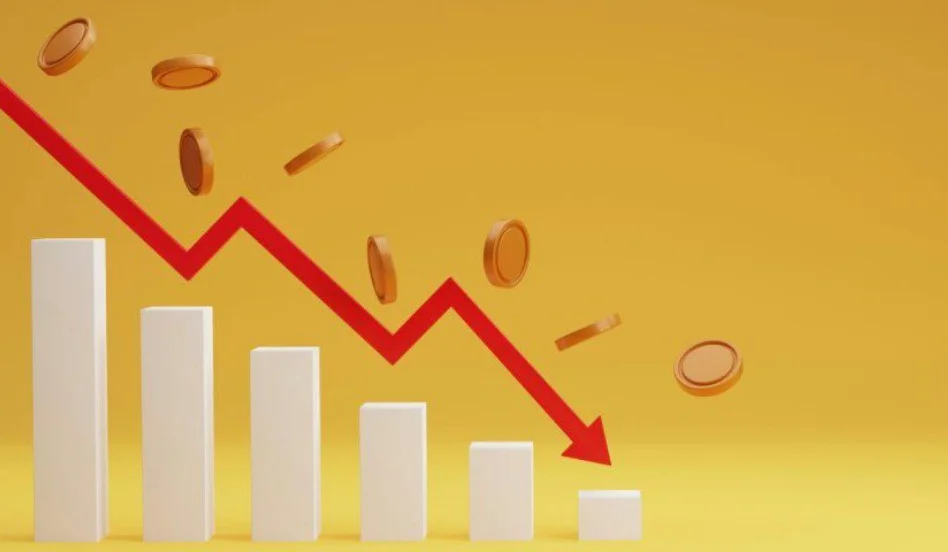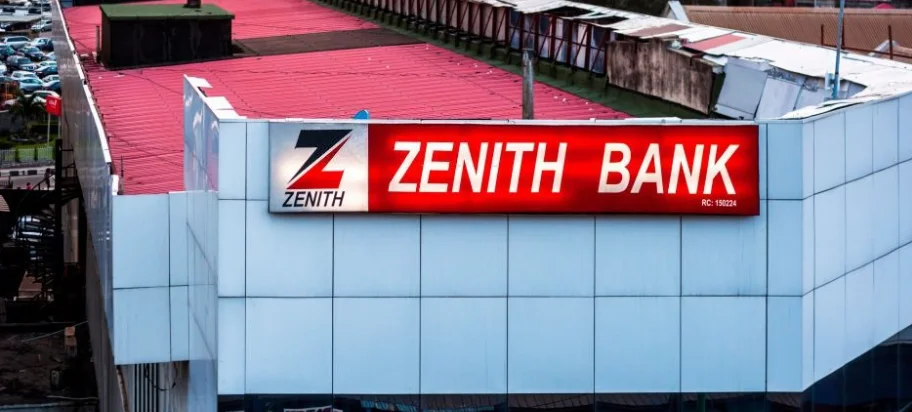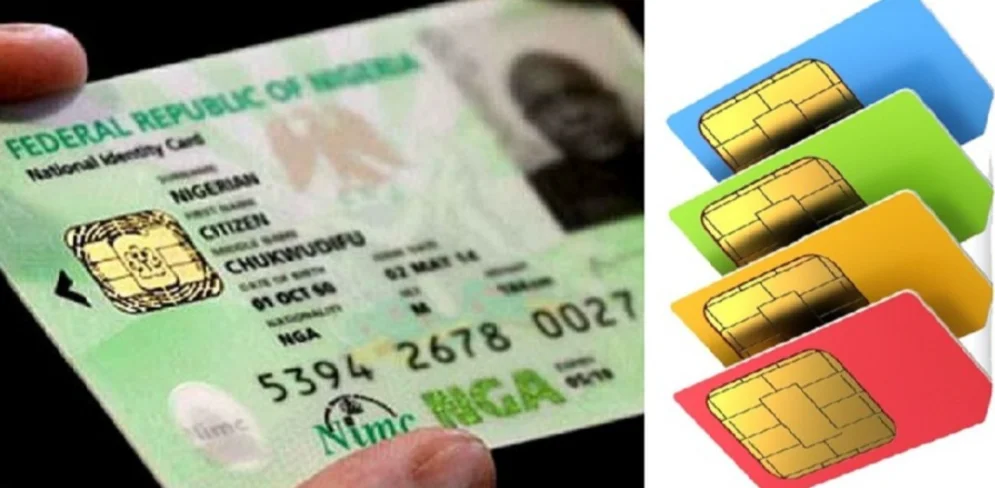From 18.02% to 16.05%: Can Fintech Companies Ride Nigeria’s Inflation Wave?
Imagine walking through a Lagos market or a village in Ekiti, and noticing that prices for tomatoes or yams aren’t climbing as quickly as before. That’s the story behind Nigeria’s latest inflation report.
On November 17, 2025, the National Bureau of Statistics (NBS) revealed that inflation eased to 16.05% in October, down from 18.02% in September. Food prices even dipped slightly by 0.37% month-on-month, thanks to better harvests. For the average Nigerian, this could mean more cash to spend or save. But what does this mean for fintech companies operating across the country?
A Spark for Fintech Growth
Lower inflation often boosts consumer confidence. Nigerians might feel secure enough to use fintech apps like OPay, Paga, or Flutterwave to send money, pay bills, or shop online.
The NBS report shows urban inflation at 15.65% and rural inflation at 15.86%, with state-level variations, Ekiti at 20.14% versus Bauchi at 9.09%. This presents fintech companies with opportunities to target high-cost areas with tailored financial solutions.
For instance, a farmer in Ekiti could take a microloan to purchase seeds, knowing food prices are stabilising. Digital payment platforms could see increased transactions as consumers enjoy slightly more disposable income.
Opportunities Tied to Monetary Policy
If the Central Bank of Nigeria (CBN) cuts interest rates soon, borrowing costs would fall, enabling fintech firms to offer affordable loans to small businesses and traders. This could help entrepreneurs grow without bearing excessive financial burdens.
But the challenge lies in core inflation, which excludes food and energy, it sits at 18.69%, meaning costs like rent and transport remain high. Fintechs can seize this moment by offering savings apps, insurance products, and budget management tools. For a Lagos commuter spending heavily on transport, a small daily savings plan via a fintech app could provide relief.
Regional Differences: A Double-Edged Sword
Inflation varies significantly across states, creating both opportunities and challenges:
- Edo: Month-on-month inflation down to 0.4%, consumers likely to spend more, boosting payment app usage.
- Niger: Month-on-month inflation up to 4.8%, limited spending, fintech adoption slower.
A mother in Bauchi might use a mobile wallet to pay school fees where inflation is low, while a trader in Ekiti facing high inflation could rely on microloans to stock up before prices rise again. Fintech companies that tailor services to these local realities stand to gain.
Challenges: Trust, Credit Costs, and Competition
Despite the positive trends, fintechs face hurdles:
- CBN Interest Rates: Rates remain unchanged, keeping credit expensive for companies and their customers. Traders in high-inflation regions need loans immediately; delays could result in missed opportunities.
- Consumer Trust: Scepticism about NBS numbers could slow adoption. Nigerians who doubt the reported inflation may stick to cash instead of digital payments.
- Competition: Regional gaps in inflation could attract bigger fintech players, increasing market rivalry.
To succeed, fintech companies must build trust, offer transparent value, and adapt to regional spending patterns. Reward systems, savings goals, and localised loan products could be key differentiators.
The Takeaway for Fintech Players
Nigeria’s easing inflation provides a window of opportunity for fintech companies to expand and innovate. By analysing regional inflation trends, offering flexible financial tools, and supporting consumer confidence, digital finance players can thrive in a market still navigating economic recovery.
The key lies in flexibility, responsiveness, and strategic targeting. Fintechs that can adjust quickly to these changing economic conditions may emerge as the real winners in Nigeria’s evolving financial landscape.












